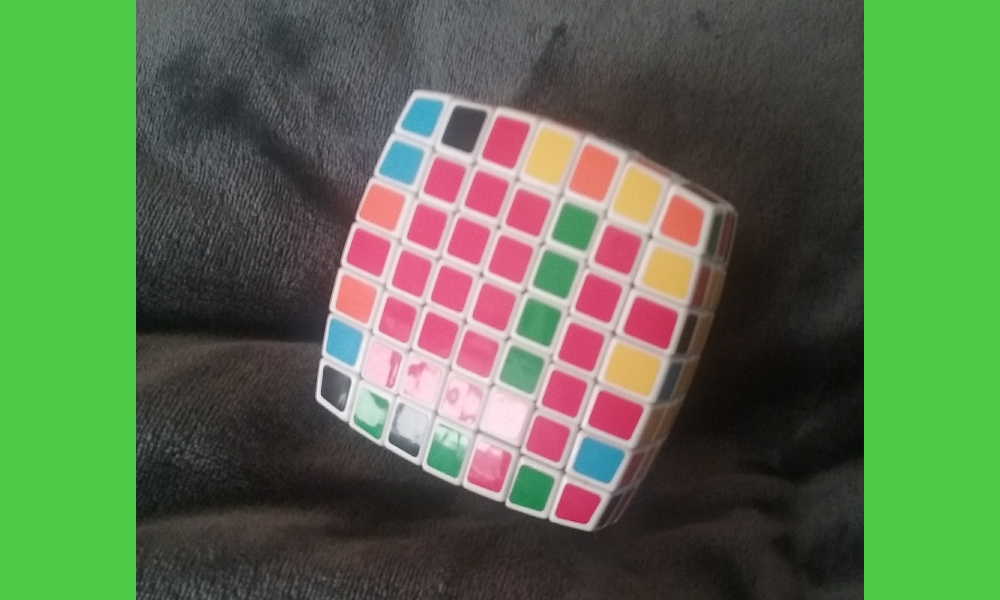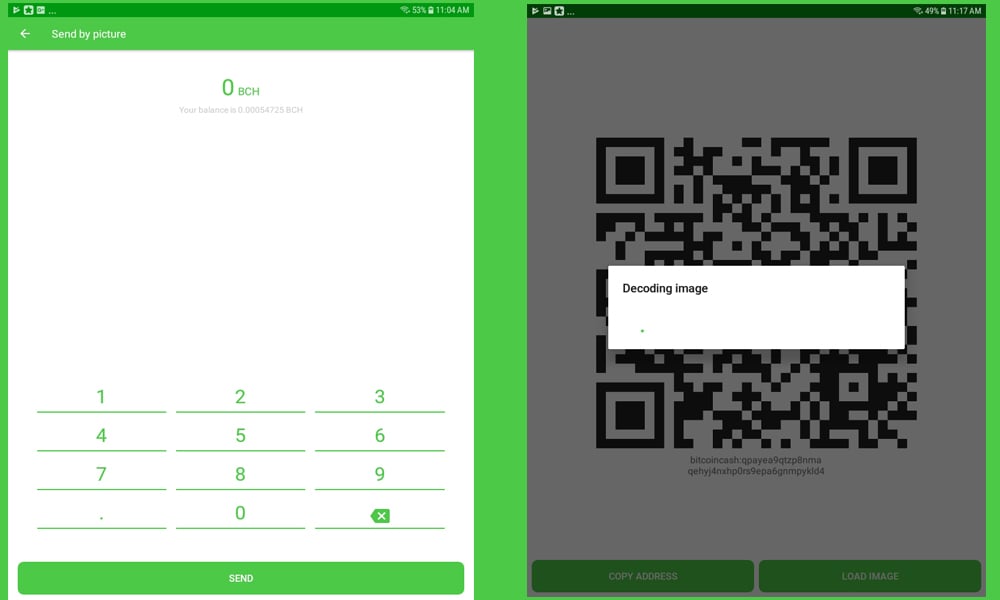Latest news about Bitcoin and all cryptocurrencies. Your daily crypto news habit.
There’s been a lot of development since the last Bitcoin Cash (BCH) upgrade this past May. Now, this week a unique light client called Pixel Wallet has launched, allowing people to send BCH transactions within in an image.
Also read: Bitmain Founder Jihan Wu: A Most Important Man in Crypto
Pixel Wallet Beta Launches on Mainnet
 There’s a new bitcoin cash SPV client available called Pixel Wallet that provides users with the ability to attach BCH transactions to pictures. Basically, bitcoin cash users can send BCH transactions in a steganographic manner with the wallet hiding funds in plain sight. Pixel Wallet was initially announced and launched on the BCH testnet during the first week of August, and the project’s developers explained the application would be the first of its kind. This week the beta release of the project has been launched on the BCH mainnet and many bitcoin cashers have been experimenting with the platform for Android devices.
There’s a new bitcoin cash SPV client available called Pixel Wallet that provides users with the ability to attach BCH transactions to pictures. Basically, bitcoin cash users can send BCH transactions in a steganographic manner with the wallet hiding funds in plain sight. Pixel Wallet was initially announced and launched on the BCH testnet during the first week of August, and the project’s developers explained the application would be the first of its kind. This week the beta release of the project has been launched on the BCH mainnet and many bitcoin cashers have been experimenting with the platform for Android devices.
Giving Pixel Wallet a Test
As usual here at news.Bitcoin.com, we decided to give Pixel Wallet a test run and see how it performed in real life. We downloaded the application from the Google Play store and immediately after opening the platform a wallet is created. From here we didn’t have an image that was pre-loaded with BCH so we had to fund the wallet with a few satoshis to get started. The wallet gives the users a cashaddr bitcoin cash address and we funded the wallet with around $0.30 worth of BCH. After the funds entered our Pixel Wallet address we then pressed the ‘send’ tab to create an encrypted picture with some bitcoin cash inside.
After pressing send we allowed the app to access our device camera and took a photo of an unfinished 7X7 V-cube. After that, users can send the picture with BCH attached via email or through a messenger application. We sent the PNG file with $0.10 worth of BCH to our email and then closed the application. Then from our email folder, we downloaded the PNG attachment to the device drive and then opened up the Pixel Wallet application again. From here we just loaded the picture and decrypted the image held funds with our password. The process was fairly intuitive but the application itself was kind of glitchy. At certain times it was difficult to back up with the platform if you made an error or sometimes the application would freeze.
 This photo of a 7X7 unsolved V-cube once had 10 cents worth of BCH attached to it with a password before we decoded it with the Pixel Wallet application.
This photo of a 7X7 unsolved V-cube once had 10 cents worth of BCH attached to it with a password before we decoded it with the Pixel Wallet application.
Hiding Bitcoin Cash in a Steganographic Fashion is Pretty Cool
Issues like these are common for a beta release, and overall the application itself is the first of its kind as far as an app that allows attaching BCH to pictures in a steganographic fashion. Now anyone can hide any amount of bitcoin cash in a picture and Pixel Wallet also gives users the option to decide whether or not they want to encrypt the image file. With a few more updates adding some stability to the application the project could gain some popularity and usage.
What do you think about the Pixel Wallet release? Let us know your thoughts on this subject in the comment section below.
Disclaimer: Readers should do their own due diligence before taking any actions related to the mentioned company or any of its affiliates or services. Bitcoin.com is not responsible, directly or indirectly, for any damage or loss caused or alleged to be caused by or in connection with the use of or reliance on any content, goods or services mentioned in this article.
Images via Pixel Wallet, Shutterstock, and Pixabay.
Be sure to check out the podcast, Blockchain 2025; latest episode here. Want to create your own secure cold storage paper wallet? Check our tools section.
Disclaimer
The views and opinions expressed in this article are solely those of the authors and do not reflect the views of Bitcoin Insider. Every investment and trading move involves risk - this is especially true for cryptocurrencies given their volatility. We strongly advise our readers to conduct their own research when making a decision.
